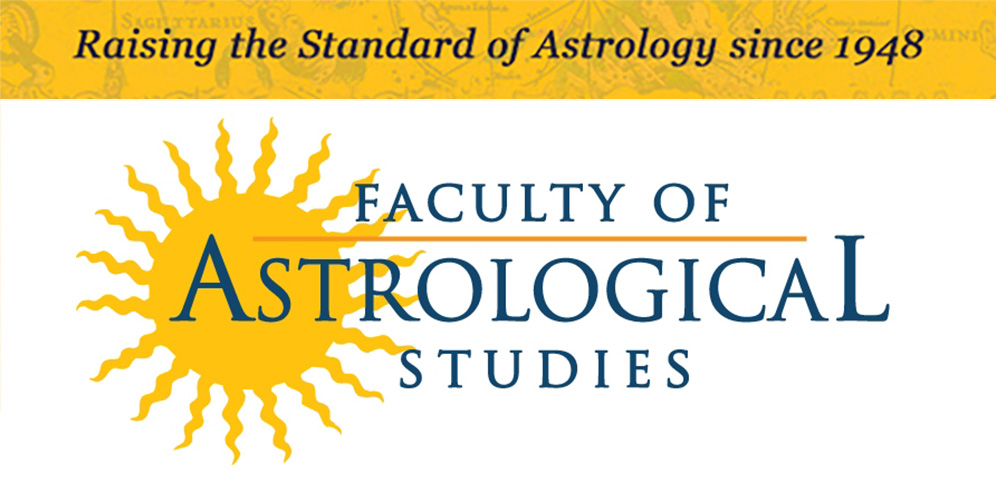At Diploma Level Two, we begin to broaden our vision to encompass relationships of all kinds.
Interpersonal relationships are explored in Module 7, as we take a journey into the more intimate layers of self and other.
 Then in Module 8, we turn our focus towards the relationship between the individual and the wider world, both in terms of terrestrial location, and collective or historical context.
Then in Module 8, we turn our focus towards the relationship between the individual and the wider world, both in terms of terrestrial location, and collective or historical context.
Module 9 represents the culmination of the Diploma Level training, preparing for professional practice through the development of astrological consultancy skills.
Modules
Module 7
We offer a choice of two pathways for Module 7. You only need take one of these optional pathways to gain the full 20 credits for Module 7. However, if you wish to study all of the material, you can enrol to take both pathways together via Distance Learning and for an additional fee. Distance Learning via Email students have 9 months tuition time if enrolled on both pathways.
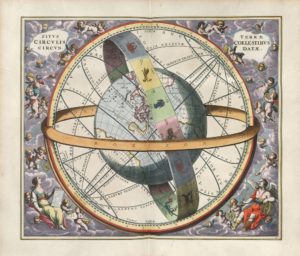 Module 7[R]: The Astrology of Relationship
Module 7[R]: The Astrology of Relationship
In this optional Module 7 pathway, we embark upon a profound journey into the astrology of interpersonal relationships.
In the first part of the module, we will study the core techniques of relationship astrology – such as natal chart comparison, synastry contacts, and the composite chart. We consider both romantic and non-romantic relationships, with reference to case studies.
In the second part of the module, we explore the fascinating area of the astrology of the family. Astrology can help shed light upon the complexities and dynamics of family life, including the relationship to parents and siblings, myths and themes in the family background, and the role and experience of the individual within the family unit. This study offers a new context for the natal chart as a unique expression of the ancestral matrix.
This optional pathway may suit you if you want to explore the deeper psychological dimensions of the astrology of relationship, and are seeking personal growth and insight into family dynamics and ancestral patterns.
Module 7[T]: Advanced Techniques
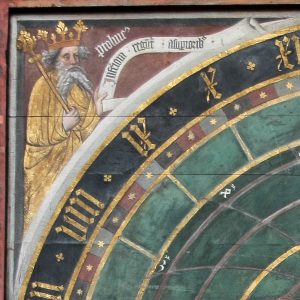 In this optional Module 7 pathway, a number of astrological techniques are studied that pertain to both relationships and the natal chart.
In this optional Module 7 pathway, a number of astrological techniques are studied that pertain to both relationships and the natal chart.
In the first part of the module, we will study the core techniques of relationship astrology – such as natal chart comparison, synastry contacts, and the composite chart. We consider both romantic and non-romantic relationships with reference to case studies.
In the second part of the module, we explore two advanced techniques which open up a whole new dimension of chart interpretation: midpoints and harmonics. The midpoint between two planets is a sensitive point, which resonates at eight points around the chart. When a planet or angle occupies a midpoint, its expression is coloured by the combined energies. Harmonics are concerned with the qualitative nature of number, particularly in relation to the minor aspects of quintile, septile and novile, and their associated harmonic charts.
This optional pathway may suit you if you are keen to add more astrological techniques to your toolkit, and are fascinated by number symbolism. The set text for this pathway is The Combination of Stellar Influences by Reinhold Ebertin.
Module 8: The Astrology of World and Place
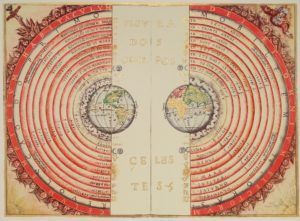
This module is concerned with the relationship between the individual and the collective – the wider world in which we live. It starts with Astrocartography and Relocation, techniques which allow us to see the relationship of the individual to different parts of the world. A new section on Local Space Astrology follows, a technique which allows us to map out our own personal orientation within our physical environment and location through the lens of astrology.
We then study the branch of astrology known as Mundane Astrology (from the Latin word mundus – the world), which applies astrology to the arena of worldly events. The political, social and economic landscape is explored through the lens of planetary cycles and we look at the role of the individual within the context of the collective picture.
Module 9: Astro-Consultancy and Advanced Interpretation
This final module involves the development of consultation skills and an understanding of the ethical issues which arise in client work. You will be encouraged to develop a high degree of self-awareness through the study of the synastry between yourself and your clients, and will learn how to integrate the wide range of skills and techniques learnt so far into an advanced chart interpretation. As part of the course you will be required to prepare for and carry out a live chart reading for a real client, fully supported at all stages by your tutor. As a guide, two recordings of live client readings with supporting materials are included in the course material supplied with this module.
Advanced Practice Module
After completing your final Diploma Modules, you may be considering taking the Advanced exam, which will enable you to become a Faculty Diploma holder and to place the letters DFAstrolS after your name. All Diploma recipients are required to sign the Faculty’s Code of Ethics.
If you feel you would like additional practice before taking the Advanced Exam, or simply would like to practice your interpretation, forecasting and live skills further you may take the Advanced Practice Module (a half-module), which will allow you to practice a full client consultation under the guidance of a tutor via Distance Learning.
Course Fees
Module 7[T] – Advanced Techniques: £415
or:
Module 7[R] – The Astrology of Relationship: £415
or:
Module 7 – both pathways (Distance Learning only): £525
(by choosing this option, you save £97.50)
Module 8 – The Astrology of World and Place: £415
Module 9 – Astro Consultancy and Advanced Interpretation: £415
Advanced Practice Module: £235
Diploma Advanced Interpretation Exam: £415
Student Registration Fee (one-off fee): £35
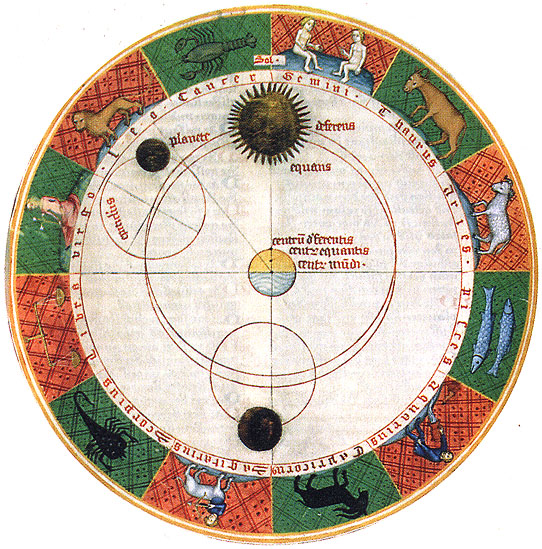
Credits and Examinations
Our courses are designed with one aim in mind – to provide you with a thorough and comprehensive astrological education. There is no pressure on you to take any of the examinations. Whether or not you intend to take the examinations with a view to becoming a professional astrologer, our nine modules in themselves provide a structured and comprehensive astrological education.
You will gain credits towards the Faculty Diploma as you work through the modules and when you pass the three Interpretation Exams. When you have completed all nine modules and passed the Certificate and Intermediate Exams you will have accumulated 300 credits and will be eligible to apply for the final exam.
Module 7: 20 credits (whether you take either or both pathways)
Module 8: 20 credits
Module 9: 20 credits
Advanced Interpretation Exam: 60 credits
New Students with Previous Training and Experience
Are you coming to the Faculty with considerable knowledge of astrology? This article outlines the importance of working through the modules in sequence: FAS Course Structure: Working through the Modules

